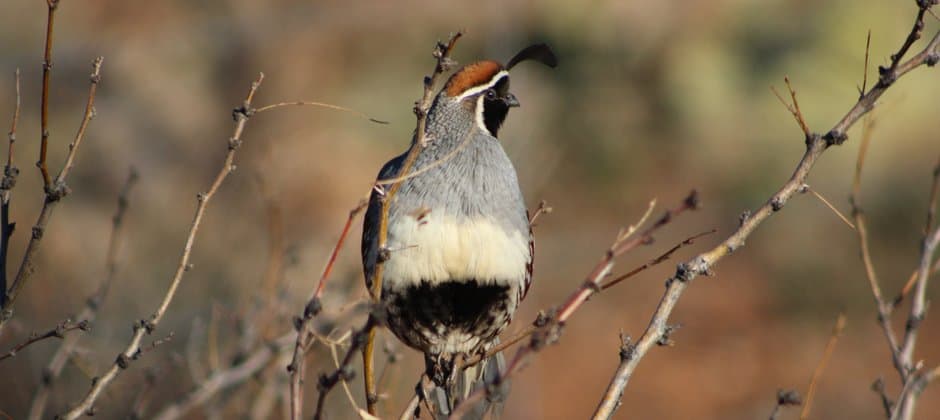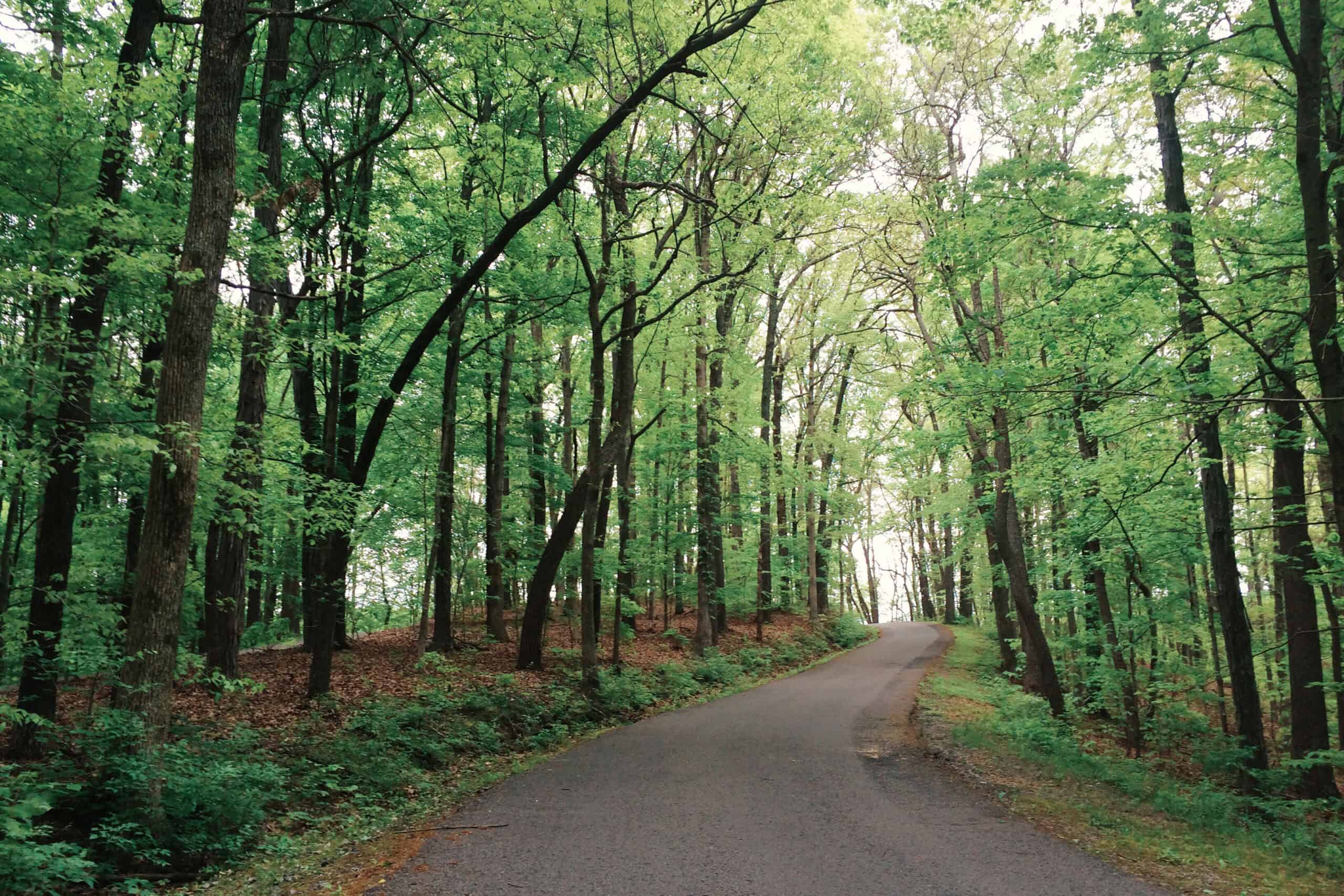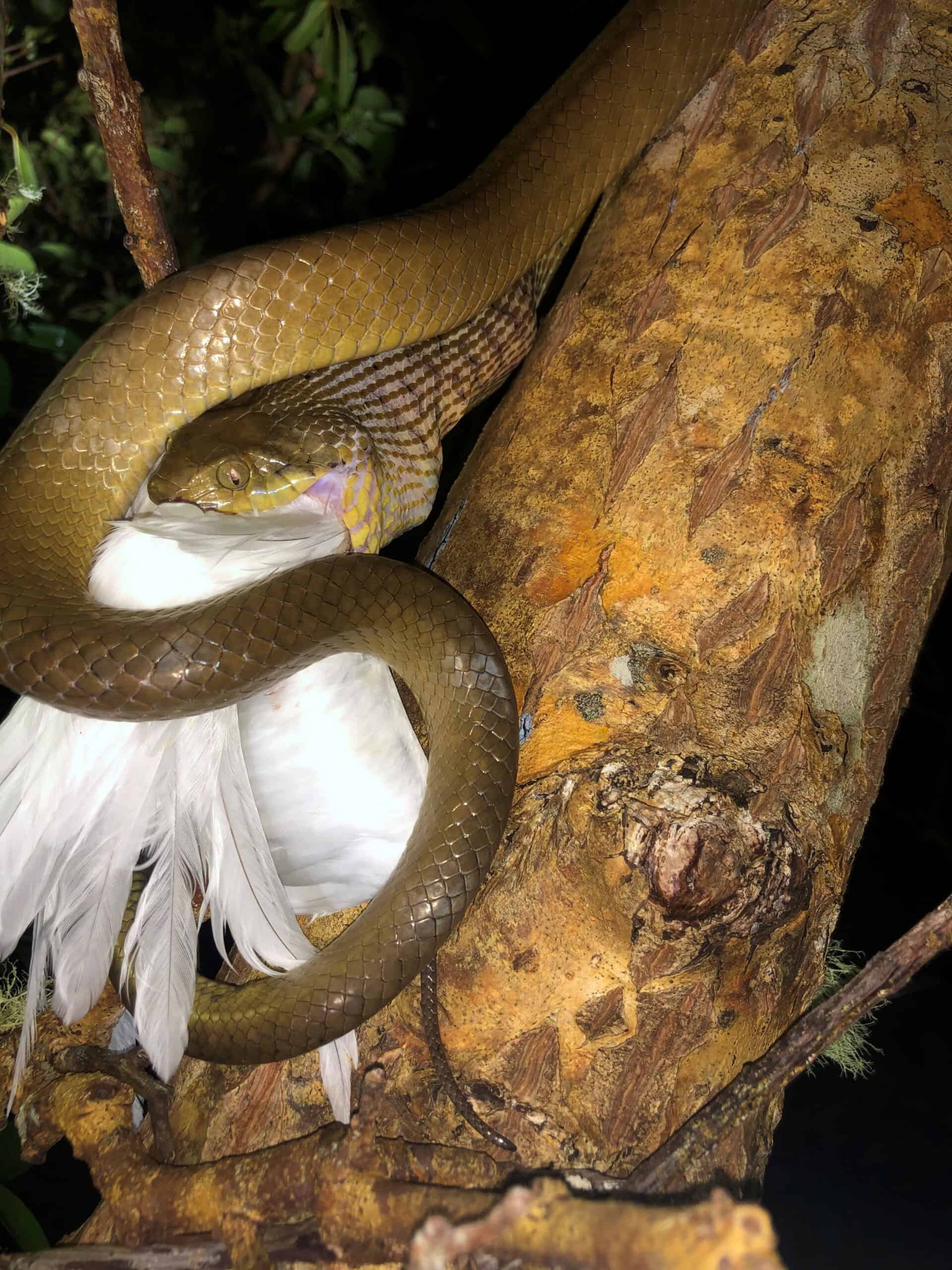Share this article
USDA shares science career options with Navajo youth
Safeguarding Natural Heritage, a summer outreach program supported by the U.S. Department of Agriculture, helps high school students explore careers in plant and animal science, wildlife management and agribusiness within and outside a tribal community.
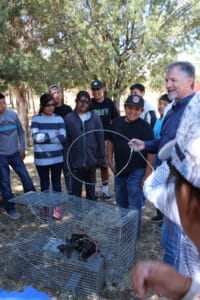
Navajo high school students participate in USDA Wildlife Service’s Safeguarding Natural Heritage program at Diné College in 2018.
Credit: USDA Wildlife Services
Participating students normally live on a college campus, learning about agriculture from university professors, scientists and administrative professionals who work for the U.S. government in various fields. But this year, the program transitioned to a virtual program through Diné College on the Navajo Nation due to COVID-19.
Participants learn about the diverse work of the sponsoring USDA agency, the Animal and Plant Health Inspection Service. They study the life cycles and habits of insects and examine cells and tissues under a microscope to identify diseases, work to conserve and manage wild animals and their habitats, carry out animal health programs, deal with the humane care and treatment of animals, inspect and regulate certain genetically engineered organisms and manage the business aspects of protecting plants and animals.
The program also introduces ideas of sustainable agriculture and farming with the perspective of preserving their natural heritage and increasing their awareness of the harm invasive species can cause. Additionally, students learn about potential job opportunities for college graduates — not only within their own tribal communities, but possibly at USDA.
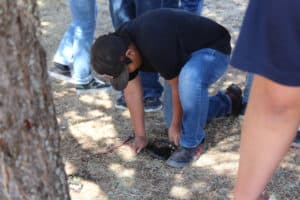
The Safeguarding Natural Heritage program went online this summer. Credit: USDA Wildlife Services
In July, Wildlife Services provided a seminar on human-wildlife conflict management, including highlighting the National Rabies Program and the National Feral Swine Program, through a Zoom call. The two-week summer program is designed for students aged 14 to 17. About 40 high school students from the Navajo Nation participated in the call.
Header Image: A Gambel’s quail (Callipepla gambelii). Credit: David Bergman



